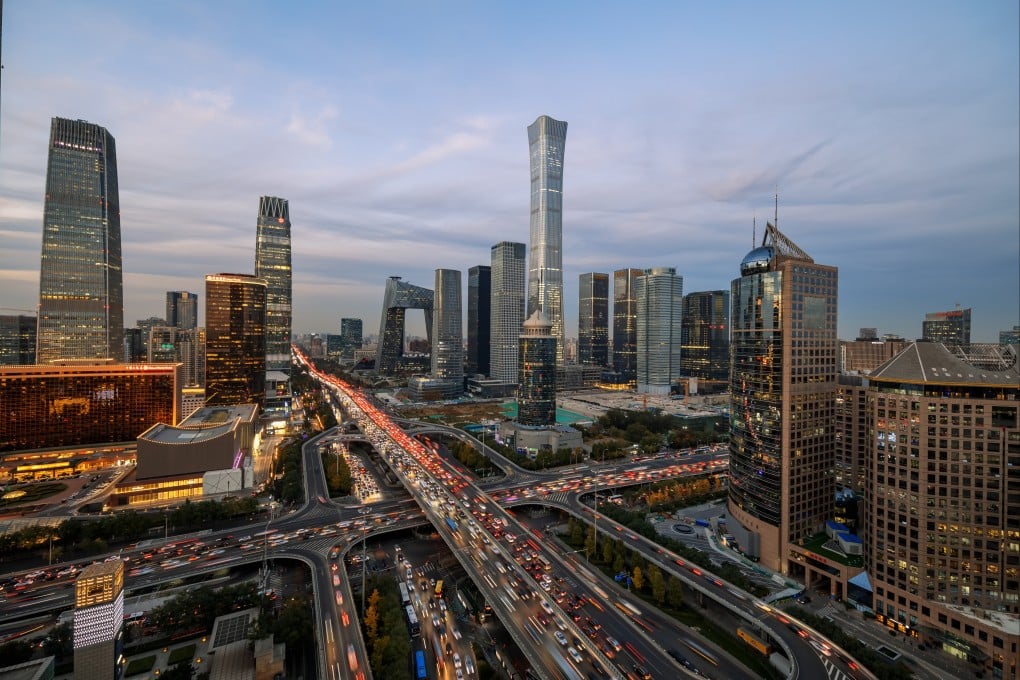China Briefing | As China urges the rich to give more for ‘common prosperity’, it can no longer afford restrictions on charity
- A clampdown on high earners and efforts to expand the middle class are the cornerstones of Beijing’s bid to fight inequality
- But a lack of details has led to rampant speculation, while strict state control over charities has also hampered China’s philanthropic sector

“To get rich is glorious.”
“Our policy is to allow some people and some regions to get rich first.”
In the 1980s, these two concise and famous quotes from Deng Xiaoping crystallised China’s revolutionary shift, from Mao Zedong’s obsession with creating an egalitarian social order – which led to disastrous consequences, including the Cultural Revolution – to the single-minded pursuit of economic development.
But while the Chinese media played up Deng’s motto about letting some people get rich first, they often failed to mention that he also said those people should then help the poor to achieve the ultimate goal of common prosperity – presumably because that would have made the slogan less snappy, or made that goal look too elusive at a time when everyone lived in egalitarian backwaters.
